Who make for ideal caregivers?
We take a look at the qualities professional caregivers must possess to be successful

Caregiving is a rewarding profession, albeit challenging because not everyone can do it. While on one hand, you’re making a real difference in the lives of people depending on you, on the other hand it can take a lot out of you, especially when providing help for people with disabilities. Let’s take a look at some qualities professional caregivers should have to be successful.
Patience and tolerance
These qualities top the list without which any other positive attributes you may have will not shine through. When you’re looking after someone with disability, injury or a senior citizen, you may have to repeat the same thing over and over, or you may need to wait patiently as your patient completes a simple task slower than usual. With patience and tolerance, you can deal with anything from angry outbursts to forgetfulness, stubbornness, anxiety, and more.
Empathy and compassion
You cannot be a good caregiver if you don’t feel compassion for the person you’re caring for. This doesn’t mean one needs to be piteous or overly sympathetic, and not give the patient space to be themselves. This simply means you keep in mind that they are facing limitations when it comes to living independently, leading to complex physical and emotional reactions. As an empathetic, compassionate person, you can empower your patient to work through their limitations and find a fulfilling path for themselves.
Reliability and good managerial skills
Family members leave their loves ones in the care of professional caregivers, so for them to focus on their individual lives and contribute meaningfully to the patient’s life, caregivers must be reliable and good managers. This means they should show up on time and regularly and consistently provide high-quality care to the patient. Being good managers means caregivers make effective use of their time and the patient’s, and structure their lives in the most fulfilling way.
Communication and problem-solving skills
A good caregiver must be able to think on their feet and resolve issues that come up – whether to do with the patient’s health or safety – in the most efficient way possible. They must stay calm in challenging circumstances and handle their patients with care, confidence and kindness. A good caregiver must also be a good communicator to minimize confusion in unexpected situations, as well as to carry out everyday duties effectively.
Stamina and good health
Lastly, a successful caregiver must be physically and mentally fit to take care of others. Caregiving jobs can be physically taxing, and they require strength and stamina to work long hours without falling ill. A good caregiver must always take care of themselves first before caring for others.
If you’re looking for caregivers in Mumbai to provide mobility assistance, click on Book Now today!
Related
-
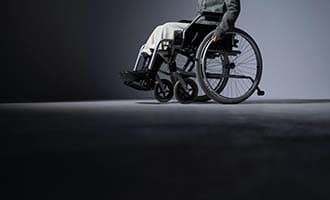
Tips for Buying the Best Mobility Equipment for Your Needs
-

A Complete Guide to Wheelchair Types and Their Prices in India
-

Apps make caregiving easier
-

Step into healthy living
-

A Guide to Buy Mobility Equipment Online
-

Senior care top tips
-

The Ultimate Guide to Wheelchair Accessories: Boost Your Independence Today
-

What do companion caregivers do?
-

Tech that makes life better
-

Tips for Choosing the Right Health Service Provider
-

A Guide to Choosing the Right Handicapped Equipment for Your Needs
-

Advancements in Treatment and Care for Spina Bifida: What You Need to Know
-

Dont stop moving!
-

Choose your wheelchair well
-

Dealing with the odds
-

Insurance is key to inclusion
-

Apps that simplify life
-

Different Types of Home Health Care Services in India
-
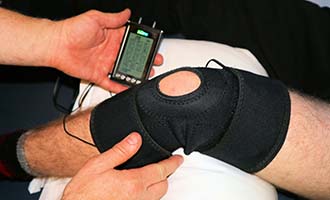
Rehab: The road to recovery
-

Navigating Mumbai with Ease: Your Guide to Reliable Mobility and Elder Care Solutions
-

How to keep going with limited mobility
-

Apps that keep you healthy
-
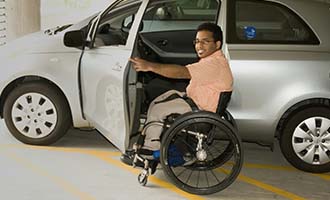
Mobility aids to the rescue
-
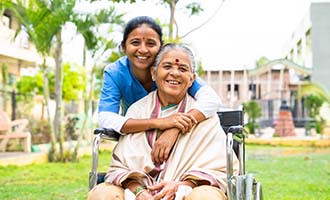
The benefits of elder care services
-

Adapt your vehicle
-

The benefits of community care
-
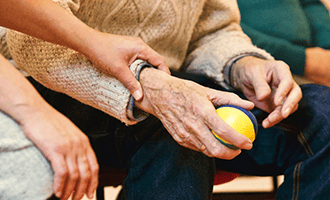
The Essential Guide to Finding the Best Patient Care Taker in Mumbai
-

Enhancing Quality of Life









